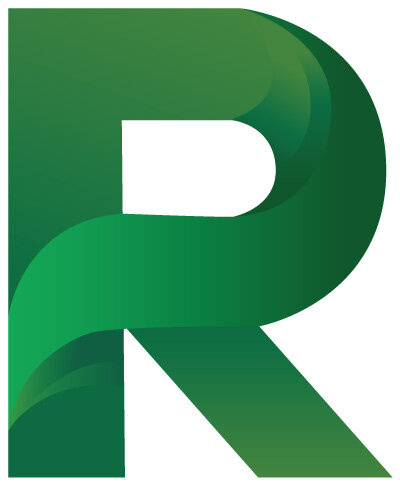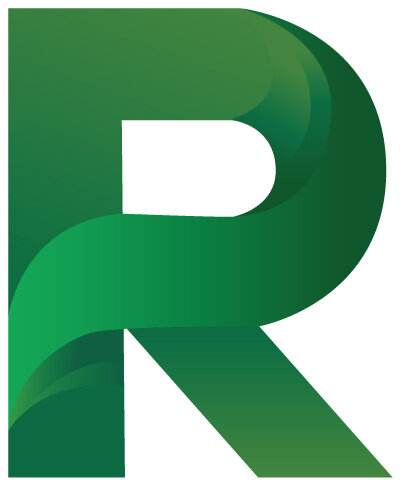RAAS Report
RAAS REPORT
A biweekly newsletter from your
Association of Academic Staff
Friday, January 25, 2019
Letter to the Board on Recognition
More than 3/4 of RAAS members have signed a letter indicating that Rob Case, the faculty representative on the Board, will seek to pass the following motion: "That the Renison Association of Academic Staff (RAAS) is the official representative of all faculty who hold the rank of academic librarian, lecturer, assistant professor, associate professor, or professor, with an appointment of one year or greater."
Show your support! We would encourage all RAAS members to come to the Board meeting at 6:00 PM on Wednesday, January 30th in the Dunker Family Lounge.
SAVE THE DATE: RAAS to Co-Host Senator Murray Sinclair
As our contribution to the events marking Renison’s 60th anniversary, RAAS will co-host Senator Murray Sinclair with the Waterloo Indigenous Student Centre (WISC) in support of our TRC commitments. Save the date! Wednesday, February 13th at 10 AM in the Great Hall at Conrad Grebel University College. Admission is free. Senator Sinclair will speak about Reconciliation and the University.
https://sencanada.ca/en/senators/sinclair-murray/
CAUT NEWS
RAAS is a member of the Canadian Association of University Teachers (CAUT), a nation-wide association of our peers. CAUT fees are included in RAAS membership dues each month.
Support the CAUT Campaign on Shared Governance
For decades, shared governance has been at the heart of how universities run. In fact, university boards are typically mandated by law to include relevant stakeholders (academic staff, administrators, students and members of the public) in their decision-making process.
But shared governance is under attack. University and college boards are increasingly controlled by corporate appointees with little understanding of important academic matters. Decision-making powers are concentrated in the hands of a few – who act behind closed doors – while the voices of academic staff and other key stakeholders are being weakened or silenced. It shouldn’t be this way. Academic staff, speak up and be heard!
Please watch this YouTube clip from CAUT on the importance of shared governance and academic freedom:
https://www.youtube.com/watch?v=gvZcFB0RxAE&feature=youtu.be
OCUFA News
[with thanks to Ben Lewis at OCUFA]
RAAS is a member of the Ontario Confederation of University Faculty Associations (OCUFA), a province-wide association of our peers. OCUFA fees are included in RAAS membership dues each month.
Reckless government announcement threatens education quality and students’ rights
January 17, 2019
TORONTO – Without increased public funding for Ontario’s universities and colleges, the tuition fee reduction is nothing more than an ill-conceived political gimmick designed to distract Ontarians from damaging cuts to the province’s already under-funded postsecondary education system.
UNB Professors Object to Way New President Is Being Hired
CBC New Brunswick
January 23, 2019
Sam Andrey: Ontario's changes to student funding will hurt access and quality of post-secondary education
Ottawa Citizen
January 22, 2019
Canadian universities concerned diplomatic rift with China could hurt foreign student enrolment
Joe Friesen, The Globe and Mail [may require subscription]
January 6, 2019
FAUW News
Mental Health Training Counts as Professional Development
In light of the PAC-SMH Report and Recommendations on mental health and wellness, we want reiterate that mental health training for faculty counts as professional development and can be reported on annual performance reviews in the same way as other professional development activities.
RAAS Approves Interim Fees Arrangement with FAUW
Almost everyone has signed up! If you have not yet done so, please print and sign a copy of the attached FAUW Membership Form and give it to Susan, Kristina, or Rob.
Equity & Inclusivity Award Nominations Due by January 30
Please nominate someone whose actions have made a difference in terms of equity, inclusivity, and/or diversity at the University.
CALL FOR PROPOSALS: Precarious Work and the Future of Academic Workers Conference University of Toronto (April 26, 2019)
Labour of Love?: Precarious Work and the Future of Academic Workers is open to workers from all academic institutions. We invite proposals for papers and panel presentations that engage the theme of precarious work in academia from a range of theoretical, normative and/or experiential perspectives. Deadline for submission is Friday, January 25, 2019.
HR News
Changes to Employment Insurance (EI) Deductions
· The EI premium rate is decreasing to 1.62% from 1.66% of insurable earnings
· Maximum annual insurable earnings is increasing to $53,100 from $51,700*
*If your 2018 insurable earnings reached or exceeded the maximum of $51,700 and your 2019 insurable earnings will reach or exceed the 2019 maximum of $53,100, you will notice a $2.00 increase in your annual EI premium deduction.
Enhancements to Canada Pension Plan (CPP)
Beginning in 2019, enhancements to the CPP will gradually be phased-in. Instead of replacing 25% of your average work earnings, the CPP enhancement will begin to grow to replace 33% of the average work earnings you receive after 2019. To fund the higher CPP benefits, the CPP contribution rate will incrementally increase each year until 2023 for both the employee and the employer.
Changes for 2019
· The CPP contribution rate is increasing to 5.10% of your pensionable earnings from 4.95%
· The year’s maximum pensionable earnings (YMPE) is increasing to $57,400 from $55,900
If your pay in January, 2019 is lower than your pay in December 2018, it is likely that your earnings were higher at the end of 2018 than the maximum insurable/pensionable earnings required. As a result, EI premiums and CPP contributions were not deducted from your December 2018 pay but will now begin again in 2019.


